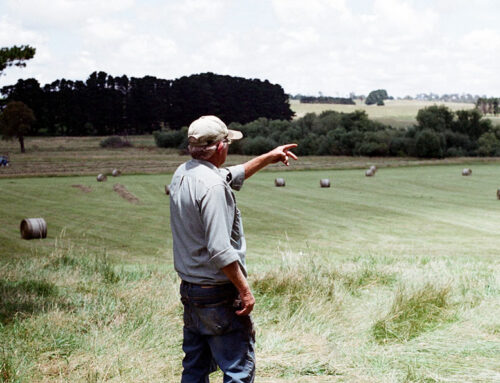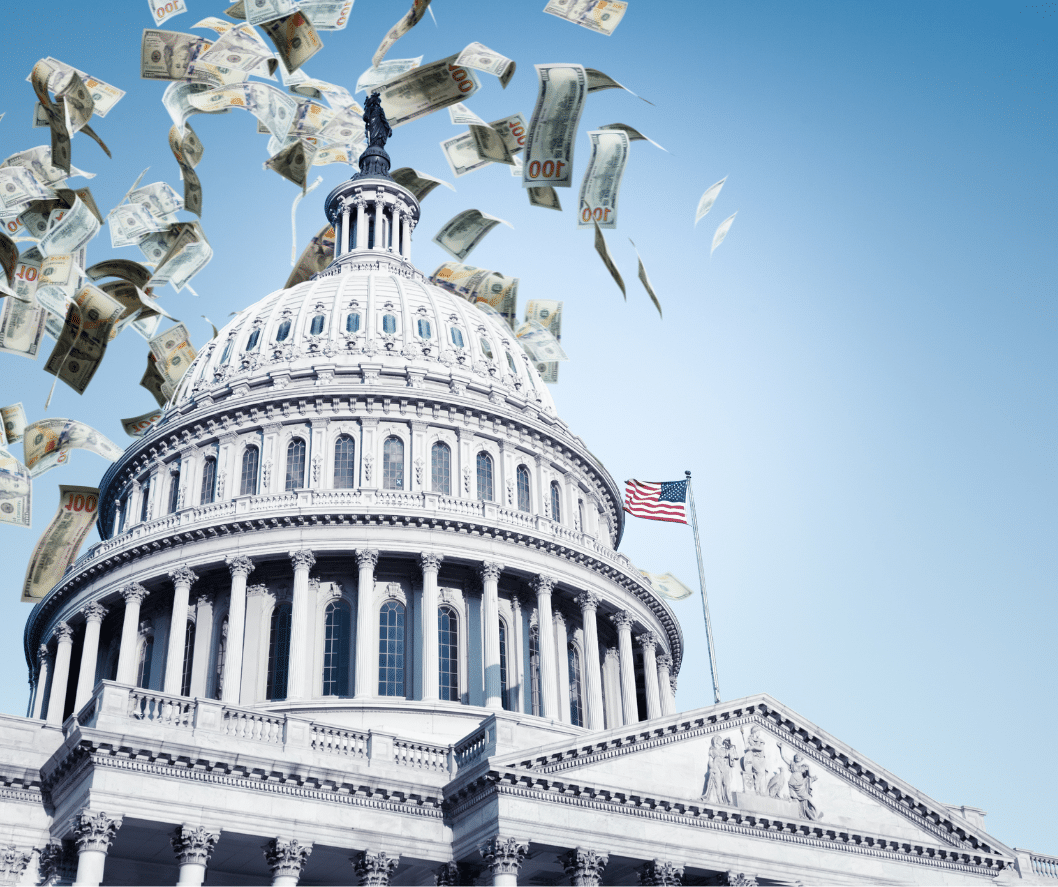View or download the letter as a PDF.
On Tuesday, the 15th of May 2018, Taxpayers for Common Sense sent a letter to the House Committee on Rules asking for an open debate regarding H.R. 2, the Agriculture and Nutrition Act of 2018.
Read the full letter below:
Dear Chairman Sessions:
Taxpayers for Common Sense urges your support for a rule to provide all Members of Congress the opportunity for a substantive and spirited amendment process for H.R. 2, the Agriculture and Nutrition Act of 2018. This opportunity to debate the agricultural business and nutrition welfare programs that constitute the “Farm Bill” is especially important for the 295 million Americans without an elected member of Congress on the House Committee on Agriculture.
The current federal financial safety net for agricultural businesses is a complex web of overlapping and expensive subsidies that too often rewards a small number of special interests at the expense of taxpayers. Yet members of Congress weigh in on the Farm Bill only every 5 years. All members thus must be given the opportunity to debate options for reorienting Washington’s role in agriculture to better serve the interests of the entire agriculture sector, consumers that use agricultural goods, communities affected by agricultural production, and federal taxpayers that are footing the bill.
We strongly urge you to make in-order the following amendments to give members an opportunity to debate the merits of producing a Farm Bill that is more cost-effective, transparent, responsive to need, and in which all are held accountable for producing measurable results.
10 Rep. Biggs (R-AZ) to deauthorize wasteful USDA bioenergy programs.
12 Rep. Burgess (R-TX) and Blumenauer (D-OR) limiting taxpayer exposure in the agricultural business income entitlements – Agriculture Risk Coverage and Price Loss Coverage.
24 Reps. Sanford (R-SC) and Kind (D-WI) to lower the government-guaranteed target rate of return for subsidized crop insurance companies from 14.5 percent to 12 percent.
32 Reps. Foxx (R-NC), Davis (D-IL), Shuster (R-PA), Blumenauer (D-OR), Chabot (R-OH), Speier (D-CA), Barletta (R-PA, and Kind’s (D-WI) to apply common sense, free-market reforms to the command-and-control sugar program.
33 Rep. Norman (R-SC) to trim crop insurance premium subsidies by 15 percent for the largest businesses with income from agriculture.
34 Reps. Kind (D-WI) and Sensenbrenner (R-WI) to allow public disclosures of crop insurance premium subsidies.
35 Rep. Kind (D-WI) to preempt additional, costly adverse WTO rulings by removing cotton as an eligible commodity in the agricultural business income entitlement programs – Agriculture Risk Coverage and Price Loss Coverage.
38 Rep. Posey (R-FL) to once again clarify federal tax dollars cannot be used to subsidize the building of ethanol blender pumps at private retail outlets.
42 Rep. Faso (R-NY) to expand USDA’s ability to measure and report on taxpayer return on investment in conservation programs.
51 Reps. Rothfus (R-PA) Kind (D-WI), Sensenbrenner (R-WI), and Polis (D-CO) eliminating crop insurance subsidies to agricultural businesses with adjusted gross income in excess of $500,000.
52 Reps. Rothfus (R-PA) and Kind (D-WI) eliminating commodity and conservation program subsidies to agricultural businesses with adjusted gross income in excess of $500,000.
71. Rep. Brat (R-VA), Blumenauer (D-OR), and Titus (D-NV) to establish transparency and accountability requirements for checkoff programs.
75 Rep. Meadows (R-NC) to limit commodity income entitlement program eligibility to actively engaged farmers and one additional farm manager per farm.
There is a federal role in agriculture. But rather than pick winners and losers based on political muscle, federal policy should create and maintain conditions where individual farm businesses can navigate markets based on their own perception of market needs and individual ability.
Federal agricultural policy is too important, and Farm Bills too infrequent in occurrence, for the overwhelming majority of duly elected members to be barred from shaping a nearly trillion-dollar bill that impacts each of their constituents. We urge you to provide members an opportunity to debate these and other common sense measures that can help reorient Washington’s role in agriculture to be more cost effective, accountable, transparent, and responsive to taxpayers.
For more information, please contact me or Joshua Sewell of Taxpayers for Common Sense at 202-546-8500 x116, or josh@taxpayer.net.
Sincerely,
Ryan Alexander
President, TCS











Get Social